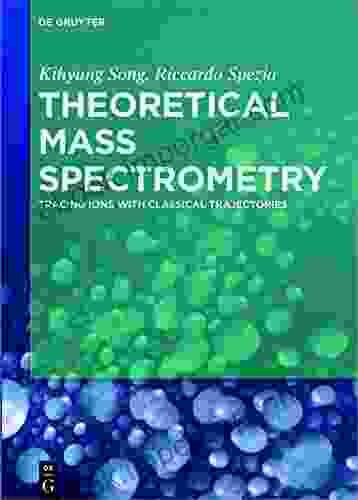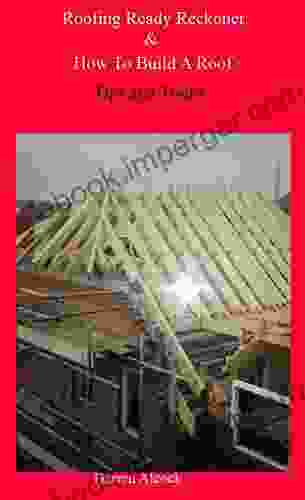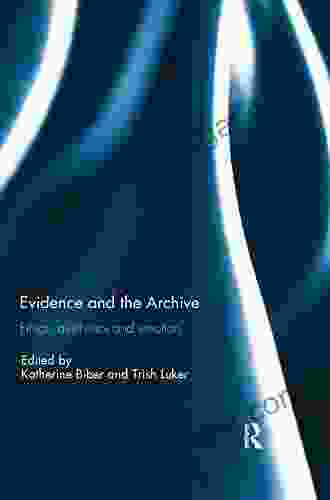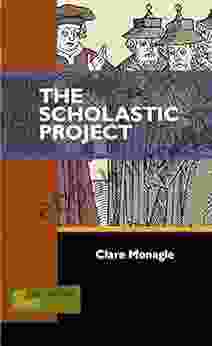Unraveling the Mysteries of Mass Spectrometry: A Comprehensive Guide to Theoretical Mass Spectrometry

Mass spectrometry, a powerful analytical technique, has revolutionized various scientific fields, including chemistry, biology, and medicine. It enables the identification, characterization, and quantification of molecules based on their mass-to-charge ratio. However, understanding the complex mechanisms and phenomena involved in mass spectrometry can be challenging. This article aims to provide a comprehensive guide to theoretical mass spectrometry, offering readers an in-depth understanding of the principles, methods, and applications of this fascinating technique.
Mass spectrometry is based on the principle of separating charged molecules according to their mass-to-charge ratio. This separation is achieved using various types of mass analyzers, such as quadrupole mass filters, time-of-flight mass spectrometers, and ion traps. The mass-to-charge ratio of an ion is determined by the ratio of its mass (in atomic mass units) to its charge (in elementary charges).
The key theoretical concept behind mass spectrometry is ion motion under the influence of electric and magnetic fields. The trajectories of ions are governed by the fundamental laws of physics, including Newton's laws of motion and the Lorentz force law. These laws describe how ions accelerate, decelerate, and deviate in the presence of electric and magnetic fields.
5 out of 5
| Language | : | English |
| File size | : | 24513 KB |
| Text-to-Speech | : | Enabled |
| Enhanced typesetting | : | Enabled |
| Print length | : | 243 pages |
Classical trajectory calculations are a fundamental tool in theoretical mass spectrometry. They involve numerically solving the equations of motion for ions in the mass spectrometer. These calculations provide insights into the behavior of ions as they travel through the instrument, helping researchers understand the processes that lead to ion separation and detection.
By simulating the trajectories of ions under various conditions, researchers can predict the performance of a mass spectrometer and optimize its parameters for specific applications. Classical trajectory calculations also allow the investigation of complex phenomena, such as ion-molecule collisions, space charge effects, and ion scattering.
Theoretical mass spectrometry finds widespread applications in various scientific disciplines. Here are some key areas:
- Mass Analyzer Design: Theoretical models guide the design and development of new mass analyzers with improved performance and capabilities.
- Ion Source Optimization: Researchers use theoretical methods to optimize ion sources for maximum ion production and transmission efficiency.
- Collision-Induced Dissociation (CID) Studies: Theoretical calculations help elucidate the fragmentation pathways of ions during CID, providing valuable information for structural identification and sequencing.
- Ion-Molecule Reactions: Theoretical models investigate ion-molecule reactions in the gas phase, including ion-molecule complexes, charge transfer processes, and collision cross-section calculations.
- Isotope Ratio Measurements: Theoretical methods contribute to the accuracy and precision of isotope ratio measurements, which have applications in fields such as geochemistry, environmental science, and forensic analysis.
The recently published book, "Tracing Ions With Classical Trajectories," provides a comprehensive and up-to-date treatment of theoretical mass spectrometry. Authored by leading experts in the field, this book offers an in-depth understanding of the principles, methods, and applications of classical trajectory calculations in mass spectrometry.
The book covers a wide range of topics, including:
- Fundamental principles of ion motion
- Classical trajectory calculation methods
- Applications to mass analyzer design
- Investigation of ion-molecule reactions
- Case studies and practical examples
"Tracing Ions With Classical Trajectories" is an essential resource for researchers, students, and practitioners in mass spectrometry, analytical chemistry, and related fields. It offers a thorough foundation for understanding the theoretical underpinnings of mass spectrometry and provides practical guidance for optimizing experimental setups and interpreting data.
Theoretical mass spectrometry is a powerful tool that deepens our understanding of the complex processes involved in mass spectrometry. By harnessing the principles of physics, researchers can gain insights into the behavior of ions and optimize mass spectrometers for various applications. The recent publication of "Tracing Ions With Classical Trajectories" marks a significant contribution to the field, providing a comprehensive resource for both newcomers and experienced practitioners. This book will undoubtedly inspire further research and development in mass spectrometry, leading to advancements in scientific understanding and technological progress.
5 out of 5
| Language | : | English |
| File size | : | 24513 KB |
| Text-to-Speech | : | Enabled |
| Enhanced typesetting | : | Enabled |
| Print length | : | 243 pages |
Do you want to contribute by writing guest posts on this blog?
Please contact us and send us a resume of previous articles that you have written.
 Book
Book Novel
Novel Page
Page Chapter
Chapter Text
Text Story
Story Genre
Genre Reader
Reader Library
Library Paperback
Paperback E-book
E-book Magazine
Magazine Newspaper
Newspaper Paragraph
Paragraph Sentence
Sentence Bookmark
Bookmark Shelf
Shelf Glossary
Glossary Bibliography
Bibliography Foreword
Foreword Preface
Preface Synopsis
Synopsis Annotation
Annotation Footnote
Footnote Manuscript
Manuscript Scroll
Scroll Codex
Codex Tome
Tome Bestseller
Bestseller Classics
Classics Library card
Library card Narrative
Narrative Biography
Biography Autobiography
Autobiography Memoir
Memoir Reference
Reference Encyclopedia
Encyclopedia Kellyann Petrucci
Kellyann Petrucci Kenneth H Kolb
Kenneth H Kolb Kevin L Michel
Kevin L Michel Khan Towhid Osman
Khan Towhid Osman Kieran Tranter
Kieran Tranter Kerry K Karukstis
Kerry K Karukstis Kenneth J Heineman
Kenneth J Heineman Khalid Rehman Hakeem
Khalid Rehman Hakeem Kelly Taylor
Kelly Taylor Keyona Henderson
Keyona Henderson Kim Inglis
Kim Inglis Khatchig Mouradian
Khatchig Mouradian Kevin Albert
Kevin Albert Kevin T Patton
Kevin T Patton Kevin Clark
Kevin Clark Kenneth C Springirth
Kenneth C Springirth Ken Stern
Ken Stern Kevin Floyd
Kevin Floyd Ken Wiley
Ken Wiley Kevin Williamson
Kevin Williamson
Light bulbAdvertise smarter! Our strategic ad space ensures maximum exposure. Reserve your spot today!
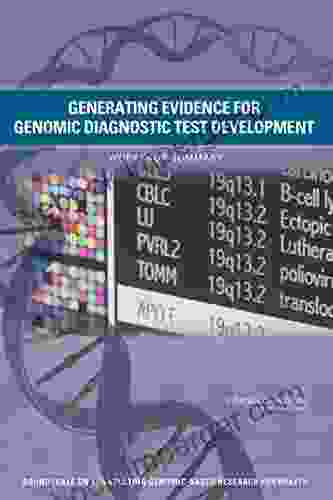
 Chandler WardUnlocking Precision Medicine: Generating Evidence for Genomic Diagnostic Test...
Chandler WardUnlocking Precision Medicine: Generating Evidence for Genomic Diagnostic Test...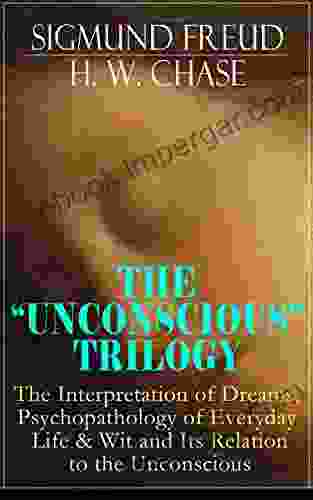
 Arthur Conan DoyleThe Dream: Unveiling the Unconscious with Freud's Groundbreaking Theories
Arthur Conan DoyleThe Dream: Unveiling the Unconscious with Freud's Groundbreaking Theories Will WardFollow ·18.7k
Will WardFollow ·18.7k Hudson HayesFollow ·5.1k
Hudson HayesFollow ·5.1k Lord ByronFollow ·16.1k
Lord ByronFollow ·16.1k Felipe BlairFollow ·3.9k
Felipe BlairFollow ·3.9k Felix HayesFollow ·13.2k
Felix HayesFollow ·13.2k Fletcher MitchellFollow ·10.3k
Fletcher MitchellFollow ·10.3k Jerry WardFollow ·9.9k
Jerry WardFollow ·9.9k Jonathan FranzenFollow ·13.9k
Jonathan FranzenFollow ·13.9k

 Chadwick Powell
Chadwick PowellDiscover the Secrets of Optimal Health with "The Healthy...
Preface: Embark on a Transformative...
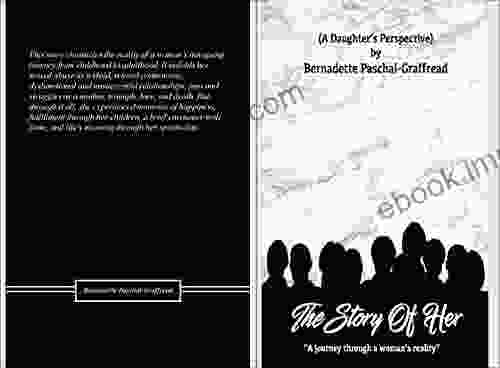
 Andres Carter
Andres CarterUnveiling the Profound Journey of Womanhood: A Daughter's...
In the tapestry of...

 Travis Foster
Travis FosterWords to Live By: The Essential Guide to Finding...
Words have the power to shape our...

 Chinua Achebe
Chinua AchebeThe Ultimate Guide for Men to Recover from a Breakup
: Breakups are never...

 Spencer Powell
Spencer PowellNew Mindset, New Results: The Proven Path to Unleashing...
About the Book ...
5 out of 5
| Language | : | English |
| File size | : | 24513 KB |
| Text-to-Speech | : | Enabled |
| Enhanced typesetting | : | Enabled |
| Print length | : | 243 pages |


